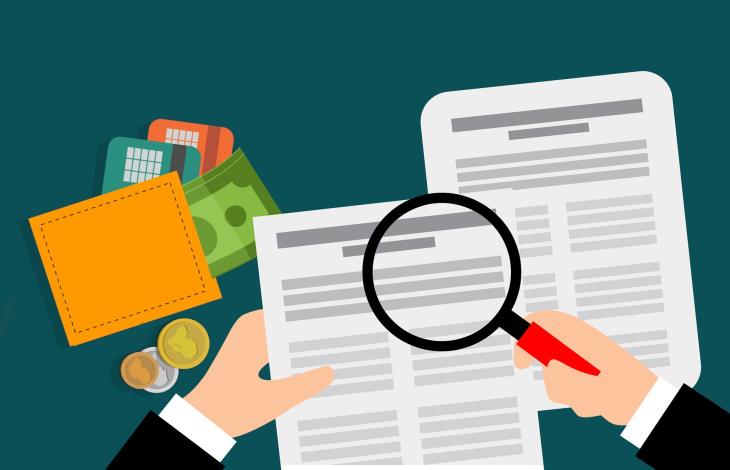
Creditors are the suppliers you owe money to but have you ever thought to check whether the report generated from your accounts software is accurate?
When we take over bookkeeping work one of the things we check is the age of the supplier invoices awaiting payment. Of course invoices aren't paid instantly so there are likely to be invoices 30 or 60 days old. But if we see unpaid invoices more than 3 or 4 months old it starts alarm bells ringing. The age of the debt doesn't mean that the business is in trouble but what it does tell us that the bookkeeping has been poor.
There will be a number of reasons there are old debts showing:
- The invoice has been duplicated
- The invoice has been credited but the credit note has either not been received or not applied to the invoice
- The invoice has been recorded on the supplier account but the payment to the supplier has been recorded as a bank payment rather than against the invoice
- The invoice has been paid from another business bank account, paid personally, paid by credit card or paid in cash
All of these reasons can be put down to poor bookkeeping or lack of knowledge and will significantly affect your accounts. Why?
1. If an invoice has been duplicated and you report VAT on an accrual basis rather than a cash basis you have claimed VAT on the same invoice twice. That VAT needs to be repaid.
2. When the invoice is recorded in your accounts it is an expense which reduces the net profit. If you record that invoice twice your net profit is incorrectly reduced further and your accounts will make no sense and will not be comparable with prior or future years.
3. If you are expecting a credit note to clear an invoice then the credit note must be obtained and allocated to the invoice. If the credit note is not obtained the supplier's record in your accounts will never be correct and you will also have claimed VAT that will need to be repaid.
4. Adding a supplier invoice and then recording a payment as a bank payment rather than a purchase payment (against the invoice) has the same effect as point 1 above. You have duplicated the expense, claimed double the VAT and your supplier account is a mess because it has unpaid invoices which you know is incorrect.
5. Business owners sometimes pay for items from their own pocket, out of petty cash, from a personal credit card or from another bank or credit card account that is not connected to the business. It is difficult for bookkeepers to know how these are paid and, knowing they are a business expense, will add the expense as a supplier invoice but leave it unpaid.
I have seen accounts where there are unpaid invoices 3 or 4 years old and business owners are adamant that everything is paid. Accountants haven't highlighted to these businesses that the creditors are incorrect and haven't identified that there are duplicate expenses with duplicate VAT claimed. Accountants always want to know the creditors at year end and therefore they should be looking at the supplier ledger to see if it is as would be expected for the business.
If you maintain a supplier ledger it is important that it is accurate especially if you rely on a cash flow forecast. A cash flow forecast is pointless if your supplier ledger is not accurate and up to date. An inaccurate creditor balance will not only incorrectly reduce your net profit and your VAT bill but also increase the liabilities on your balance sheet making your business look worse than it actually is.
Check now whether the outstanding bills in your accounts are accurate. Find the Aged Payables or Aged Debtors report in your software and see how old your bills are.
You will be able to make corrections to any of these which are in your current financial year but if there are ones dating back into previous financial years you will need to highlight this to your accountant. The accountant, or a bookkeeper, should clear these outstanding amounts in an appropriate way which doesn't affect the balances already prepared by the accountant. An "accountant adjustment" will not clear the invoices from the supplier ledger and they will remain on your books for always if they are not dealt with properly and your creditor liability will continue to show the value of your business at a lower level than it actually is.
